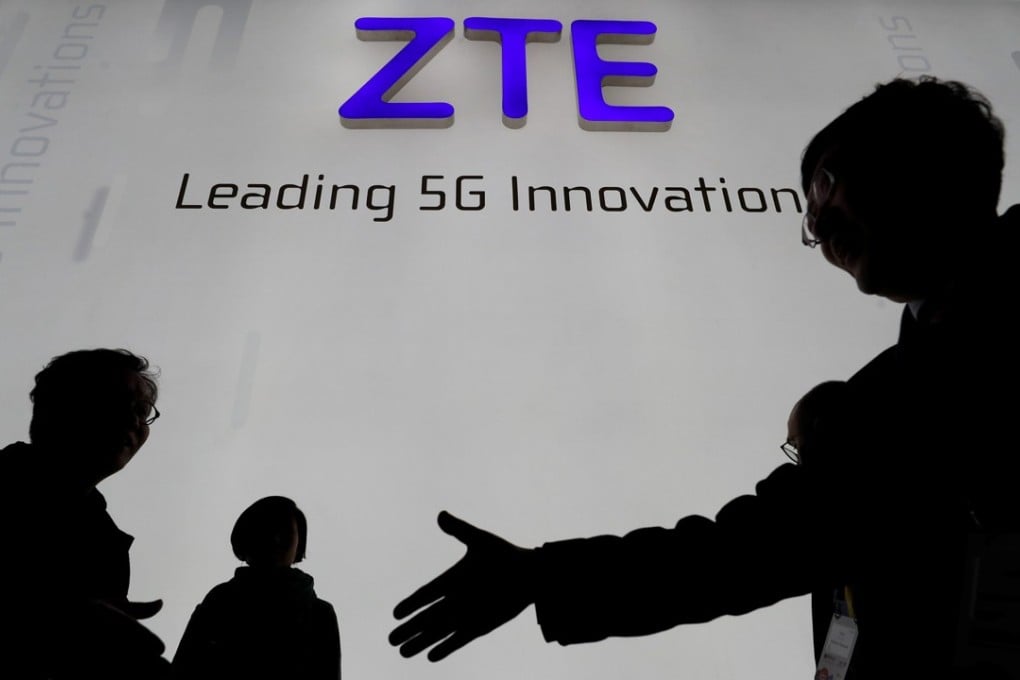ZTE will reopen under US oversight in US$1.4 billion deal - unless US lawmakers spoil Donald Trump’s triumph
The end of sanctions against embattled Chinese telecom equipment maker ZTE resolves an issue that had boosted Washington-Beijing tensions

US Commerce Secretary Wilbur Ross announced an end to sanctions against Chinese telecom equipment maker ZTE on Thursday, intensifying a confrontation with lawmakers in his own party, who intend to pass legislation that would block the move.
The deal Ross announced includes a US$1 billion penalty against ZTE and the installation of a US-selected compliance team at the company to prevent further violations of the sort that initially prompted the Commerce Department to cut ZTE off from its US suppliers, according to a statement released by the department.
The settlement also requires ZTE to put US$400 million in escrow to cover any future violations and to change its board of directors and executive team within a month. That brings total penalties imposed by the US against ZTE to US$2.3 billion, according to Thursday’s announcement.
In April, the Commerce Department banned ZTE, based in Shenzhen, from importing American-made components critical to its operations for seven years.
Removing the ZTE sanctions would resolve a problem that has increased tensions between Washington and Beijing in the lead-up to a showdown on trade issues. However, Republican Senators Marco Rubio and Tom Cotton have teamed up with Democrats Chuck Schumer, the Senate Minority Leader, and Chris Van Hollen, to sponsor legislation to restore the penalties.